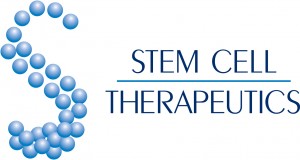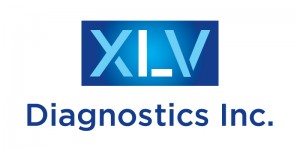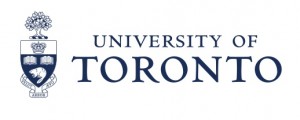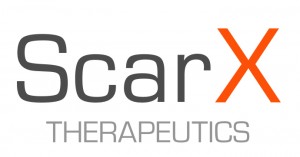Stem Cell Therapeutics licenses UHN’s Clinical Cancer Stem Cell Program

Stem Cell Therapeutics Corp. (TSX-V: SSS), a biopharmaceutical company developing cancer stem cell-related technologies, has signed a definitive license agreement with University Health Network (UHN), Toronto, Canada.
The agreement, developed in collaboration with MaRS Innovation, provides Stem Cell Therapeutics (SCT) with exclusive worldwide rights to an innovative clinical cancer stem cell program.
This announcement builds upon the existing stem cell program agreement between MI, Stem Cell Therapeutics and UHN, which was announced in November 2012.
The initial consideration of $1.6 million for the UHN License is to be satisfied by the issuance of 5,028,571 SCT common shares and 1,600,000 SCT common share purchase warrants to UHN and MaRS Innovation, each warrant allowing its holder to acquire one additional common share at an exercise price of $0.40 until March 15, 2018.









